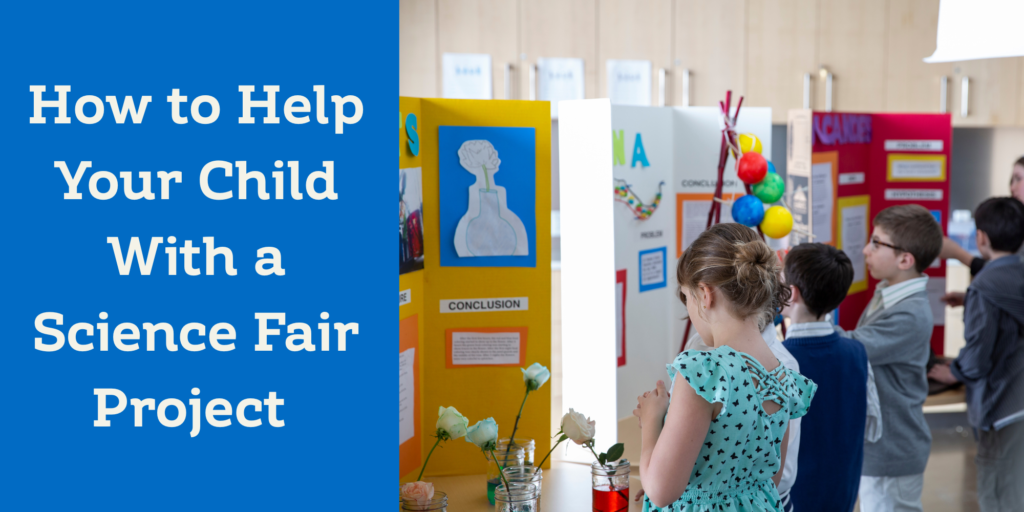One thing I can say for sure about parenting: it’s busy. Not just “normal” busy — but an all-consuming, always-on kind of busy that never quite lets you exhale.
Most evenings you’ll find me stirring dinner while reviewing homework and picking up stray toys with my foot. After bedtime? It’s the next load of laundry, prepping lunches, answering emails, maybe even squeezing in some work. There’s rarely time left for me — and honestly, when I get invited to something like a party, my first emotion isn’t gratitude. It’s dread. One more demand. One more thing I have to do.
How did we get here? Is it just social media — making us all feel like we need to perform our lives to perfection? Or is there something deeper going on, especially in a culture that idolizes hustle, constant achievement, and being “booked and busy” as a badge of honor?
And it’s not just us. I see it creeping into our kids too. Tweens who are already pushing themselves to get the grades, build the resume, get the job — often before they’ve even had a chance to be bored. Sure, sometimes it’s us parents signing them up for every sport, lesson, and club. But sometimes, it’s them. Hustling for worth. Trying to keep up. Trying not to fall behind.
Where does it end? And more importantly — how do we help them avoid falling into the same trap?
I did some digging. What I found might just make you want to take a closer look at your own habits — and how they’re shaping your child’s future.
What Is Toxic Productivity?
Author and psychotherapist Israa Nasir defines toxic productivity as “a mindset where we become singularly focused on external outcomes and achievements as a way to feel good about ourselves.” In this mindset, we chase accomplishments not for joy, but to validate our worth. And the scary part? It’s never enough. The goalposts keep moving.
It’s the reason so many of us feel guilty when we rest. It’s why we measure our days in tasks checked off instead of moments felt. And for teens growing up in this culture — it’s a slippery slope toward burnout, anxiety, and identity confusion.
Where Did This Come From?
The rise of toxic productivity isn’t random. It’s the result of a culture that has long equated busyness with value. Social media certainly plays a part, but it’s also been reinforced by school systems, workplace expectations, and yes — parenting styles that reward constant output.
As the Harvard Business Review notes, this mindset is often seen as virtuous, even though it leads to chronic stress. In their words, “Many people feel they must be ‘always on’ to be seen as high performing, even when it’s destroying their ability to focus or feel fulfilled.”
What’s the Cost for Teens?
Research is clear: teens today report higher levels of anxiety, perfectionism, and burnout than any previous generation. A 2021 study in the journal *Psychological Bulletin* found that rates of perfectionism have risen dramatically among young people in the last 30 years. And with it comes a drop in mental health.
Teens caught in toxic productivity cycles may appear high-achieving on the outside, but inside they often feel empty, exhausted, or like failures if they fall short. They become overly focused on doing more, being better — sometimes at the expense of joy, relationships, and rest.
Dr. Alexandra Solomon, clinical psychologist and parenting educator, warns that “when achievement becomes the primary path to self-worth, we lose our children’s sense of play, wonder, and exploration.”
Healthy vs. Toxic Productivity
It’s important to remember that productivity isn’t the enemy — but the why behind it matters.
Israa Nasir says healthy productivity is about sustainability. “It includes guardrails,” she explains, “that help you stay connected to your values and goals without sacrificing health, wellness, or relationships.”
In contrast, toxic productivity is driven by fear, shame, or the need to prove something. It’s performative, exhausting, and often rooted in unresolved emotions. As Israa puts it: “Unresolved emotions drive unhealthy behavioral dynamics like overfunctioning, saying yes too much, and doing too much — all in an effort to feel good about ourselves.”
How Parents Can Help Tweens Find Balance
- Model Boundaries: Let your child see you rest. Say no. Prioritize joy. Our kids learn more from what we do than what we say.
- Value Effort Over Outcomes: Praise progress, resilience, curiosity — not just results. Help them connect to their own sense of purpose.
- Make Space for Unstructured Time: Boredom is not the enemy — it’s a doorway to creativity. Teens need downtime to process, reflect, and simply exist.
- Talk About Feelings, Not Just Schedules: Normalize checking in emotionally. If they’re doing everything right but feeling empty, that matters.
- Help Them Identify Their Values: What matters most to them? What lights them up? Purpose shouldn’t always be linked to performance.
It Starts with Us
The hard truth? Our kids are watching how we treat ourselves. If we’re running on fumes, never resting, or using productivity as proof of our worth — they notice. They absorb. They repeat.
As the HBR article so perfectly puts it: “The best way to end toxic productivity isn’t to do more. It’s to model a different way of being.”
You don’t have to overhaul your whole life overnight. Start with one moment. One decision to rest. One “no” to what drains you. One “yes” to what fills you back up.
It might just be the greatest gift you give your teen — and yourself.
So now I’m off to put the kettle on — not because I’ve earned a break, but because I simply need one. And maybe that’s the real shift: learning to rest without guilt, and modeling that for our kids. If this topic resonated with you, you might also enjoy this article on the power of brain breaks — because sometimes the best thing we can do for our kids’ success… is to help them pause.
And hey — don’t forget to sign up for our newsletter for more honest conversations, research-packed parenting insights, and occasional reminders to slow down.
References
- Let’s End Toxic Productivity – Harvard Business Review
- Israa Nasir – The Well Guide
- Dr. Alexandra Solomon – Loving Bravely
- Curran, T., & Hill, A. P. (2021). The rise of perfectionism. *Psychological Bulletin.*
- Podcast: Rebel Lov with Joanie Parsons & Israa Nasir







